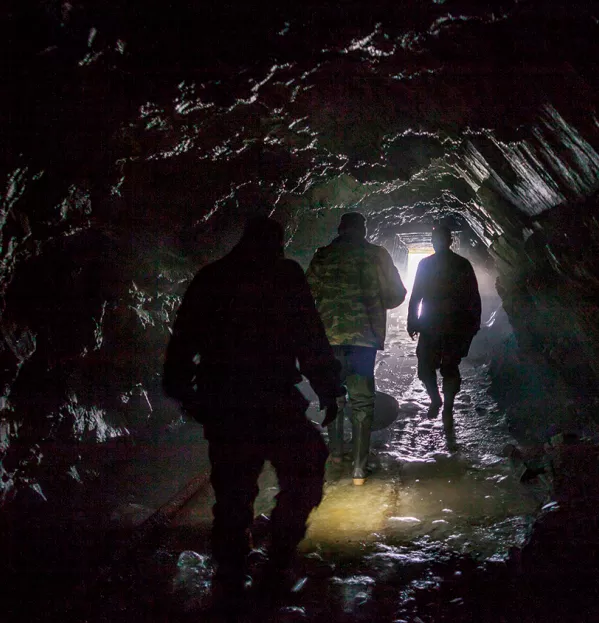Considering the fact that students arriving at college are often sexually active and entering into relationships for the first time, it seems rather odd that statutory sex education comes to an abrupt stop at the age of 16. While education before a young person becomes sexually active is, of course, important, ongoing advice and support is needed for those who are aged 16 and over to develop their understanding of healthy relationships and sex.
At Newham Sixth Form College in East London, our sex education work covers multiple areas. For example, one focus has been sexting: we took a close look at where problems with sexting were occurring across the student body and our youth safety workers ran targeted interventions in those curriculum areas. Meanwhile, online safety features strongly in our tutorial programme.
Sexual health, more generally, also features in our tutorial programmes, but there is no strict guidance on what this entails. Ofsted expects students to develop an age-appropriate understanding through relationships and sex education. So, we looked to see if we could be doing more. And it turned out we could: we looked at issues our students felt were important and have now set up projects to address them.
A lot of this work we do in cooperation with our local NHS sexual health service, Shine, which offers clinic sessions for young people aged 21 and under, as well as programmes on relationships and sex education to young people living or studying in Newham.
With Shine, we run projects that look at things like managing relationships and getting young people to work towards happy, healthy relationships. Shine also comes in for our freshers’ fair, as well as other events that we hold at the college, where it offers services around preventing sexually transmitted infections and hands out free condoms.
On these occasions, Shine workers are inundated by students, and they are often here late and still working when the event has officially finished. The students love it, and they don’t find it cringeworthy or embarrassing at all. We are hoping to soon have staff at the college trained to make the handing out of free condoms possible throughout the year.
Probably the most extensive of our projects that we run with Shine - one we have just run again - is the peer education programme.
Shine staff come in and train some of our students in different areas of sexual health, but they also train them to be peer mentors. The students are split into small groups, and these groups are given different issues to work on. They cover topics like “sex and risk”, different sexual identities, “faith culture and sexual health”, and “sex and the law”.
Once students have the information, they develop a whole range of activities - we have had quizzes, wheels you can spin for questions, as well as slides and presentations and the supply of materials on other services. Students work both on the content and the design of these activities. We then have a day when these students host stalls around the college, with these prepared activities and materials for other students to engage with.
Peer education can be challenging, and so while the mentors get in-depth training on the subject matter, a lot of the work they do with the staff from Shine is about how you speak to other students about these issues, and how to deal with the really difficult questions. It is about making sure they know what to do in these situations. Of course, they can also refer students on to our staff or staff from Shine.
We ran this project last year with a group of health and social care students, and this year it was taken on by a group of around 25 of our level 2 business students. It is built into the curriculum delivery as part of one of the course projects.
It’s important that all colleges do this work. We should be developing the whole student, and so their wellbeing, their safety and their ability to develop as young people should be really important to us. We have an obligation to keep students safe - and that means safe in all parts of their life, including their relationships.
Kate Reed is student development manager and Tracy Oko is assistant principal student services at Newham Sixth Form College in East London
This article originally appeared in the 14 February 2020 issue under the headline “Student mentors help to educate our college about sexual health”
